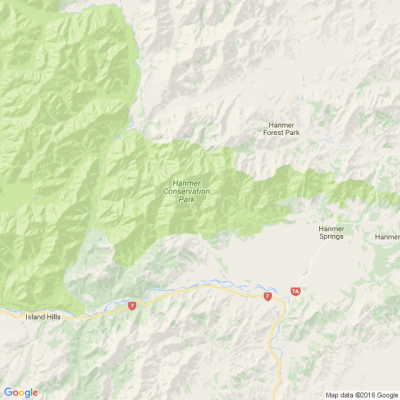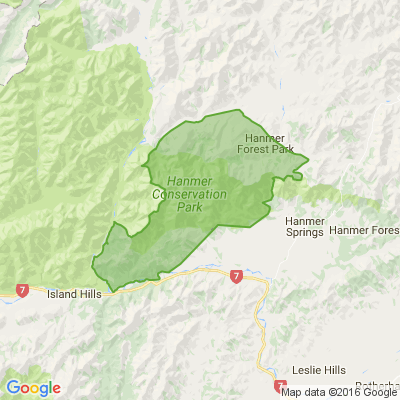Help us to "Light up Loneliness" by encouraging your local council to get involved.
Loneliness is a growing issue for Kiwis of all ages. But the good news is, that it is solvable!
The NZ Coalition to End Loneliness is running a ‘Light up loneliness’ campaign this month to raise awareness and encourage action on loneliness across Aotearoa.
The New Zealand Coalition to End Loneliness is a growing group of non-profit organisations, businesses and researchers working together to end loneliness for individuals, in communities, and at workplaces in New Zealand.
They are now calling on Local Government to help them “Light up loneliness”.
“Imagine if every Mayor and Council across New Zealand helped promote the “Lets End Loneliness” website and made tackling loneliness a priority, using their own local community resources,” says Stephanie Clare, Age Concern New Zealand Chief Executive.
“It would be a gamechanger. Taking this issue out of the shadows, reducing the stigma and shame, and giving it light is the aim of the campaign” she says.
Social connection is a key factor for healthy, prosperous people, communities, and workplaces, but loneliness in New Zealand is increasing. In the March 2021 quarter 18.4% of New Zealanders felt lonely most, all or some of the time, up from 16.6% in 2018, and 13.9% in 2014.
“Many of us have experienced loneliness at some time in our lives and we know that feels horrible, but it can be addressed and solved. Together we can end loneliness for New Zealanders who feel isolated” says Sam Johnson, Founder and Chief Executive of Student Volunteer Army.
The letsendloneliness.co.nz website provides information on tackling loneliness and where to get help, as well as up-to-date news and research.
“The website is designed as a source of information which also links people to support services. We challenge every Local Council in New Zealand to create a link on their own websites to letsendloneliness.co.nz” says Sam Johnson.
The recent COVID-19 lockdown highlights that everyone can feel isolated and lonely. Catherine Hall, Chief Executive of Alzheimers New Zealand believes everyone should feel safe, supported, loved, and connected.
“Sadly, people often find family, whānau and friends take a step back just when they need them most. We stand alongside our coalition partners and with all New Zealanders, to make sure no one feels alone.”
Help light up loneliness! The campaign is not just for councils. Anyone can create a link to the letsendloneliness.co.nz or post a mention through social media channels to support the ‘Light up loneliness’ campaign.
Together we can end loneliness, one person, one community, one workplace at a time.

⚠️ DOGS DIE IN HOT CARS. If you love them, don't leave them. ⚠️
It's a message we share time and time again, and this year, we're calling on you to help us spread that message further.
Did you know that calls to SPCA about dogs left inside hot cars made up a whopping 11% of all welfare calls last summer? This is a completely preventable issue, and one which is causing hundreds of dogs (often loved pets) to suffer.
Here are some quick facts to share with the dog owners in your life:
👉 The temperature inside a car can heat to over 50°C in less than 15 minutes.
👉 Parking in the shade and cracking windows does little to help on a warm day. Dogs rely on panting to keep cool, which they can't do in a hot car.
👉 This puts dogs at a high risk of heatstroke - a serious condition for dogs, with a mortality rate between 39%-50%.
👉 It is an offence under the Animal Welfare Act to leave a dog in a hot vehicle if they are showing signs of heat stress. You can be fined, and prosecuted.
SPCA has created downloadable resources to help you spread the message even further. Posters, a flyer, and a social media tile can be downloaded from our website here: www.spca.nz...
We encourage you to use these - and ask your local businesses to display the posters if they can. Flyers can be kept in your car and handed out as needed.
This is a community problem, and one we cannot solve alone. Help us to prevent more tragedies this summer by sharing this post.
On behalf of the animals - thank you ❤️

Suellen’s sweet Christmas tradition
The festive season is always a great excuse to indulge your sweet tooth, and this time of year poses the perfect opportunity to bring a real showstopper to the Christmas table.
For Suellen’s family, that showstopper is Croquembouche, an impressive tower of cream puffs bound together with spun sugar that is popular at weddings in France and Italy.
What began as a birthday treat at a local French café has become a cherished Christmas tradition for Suellen and her 17-year-old twin granddaughters, Ellie and Sadie. Every year, the trio gather in Suellen’s apartment at William Sanders Village to cook this festive dessert - a holiday highlight they all treasure.
Click read more for the recipe.

Would you like a free copy of our February 2025 issue?
Kia ora neighbours. We give away free copies to readers whose recipes are used in our magazine. We're still on the hunt for tomato recipes, so send your family's favourite way to use up your homegrown harvest, to: mailbox@nzgardener.co.nz. If we use it in the mag, you will receive a free copy of the mag








 Loading…
Loading…





